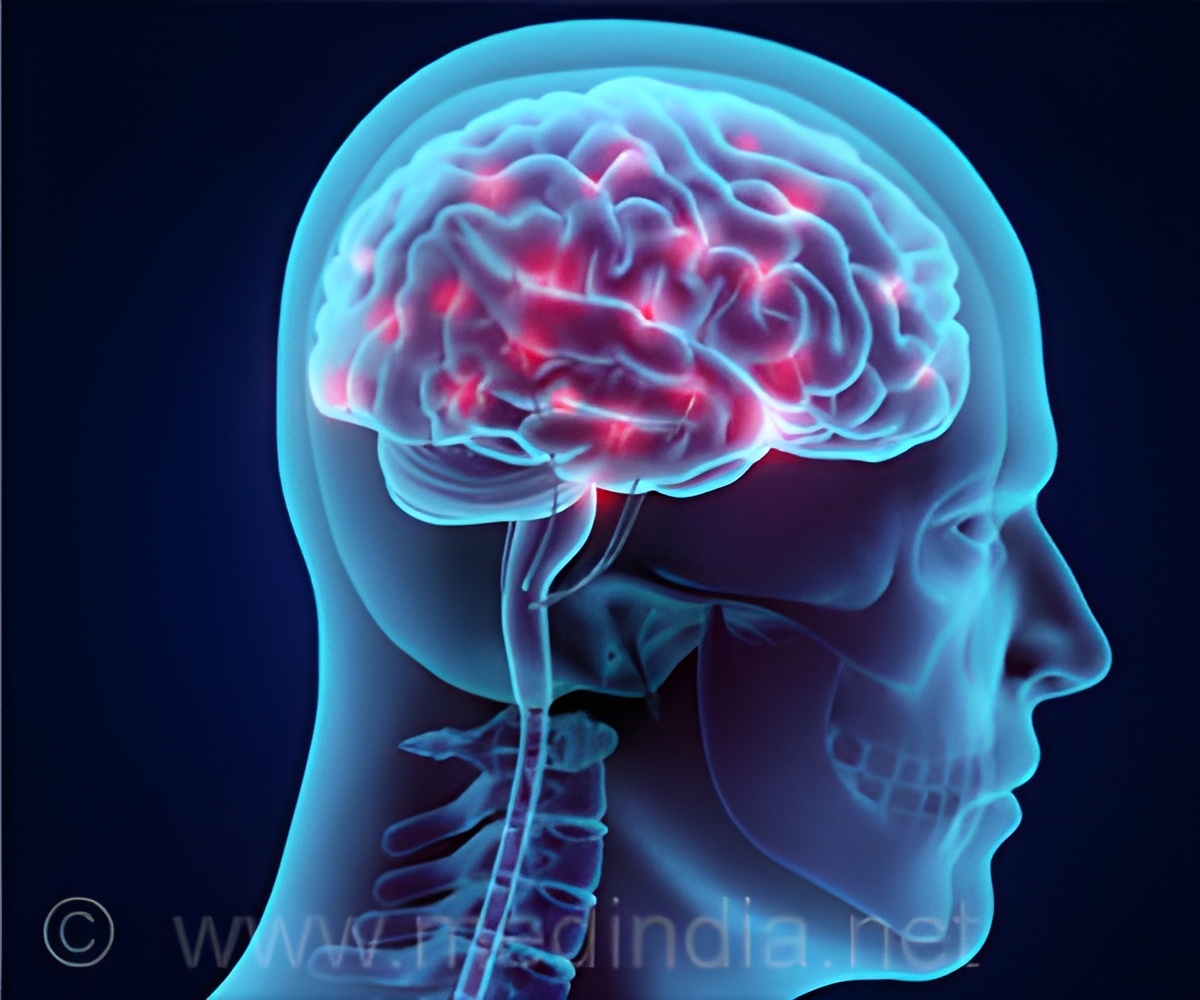
‘New drugs that downstream the Shh pathway in cholinergic neurons could help treat Parkinson's patients with less side effects.’
Read More..Tweet it Now
“In rodent and non-human primate models, the administration of L-dopa together with sonic hedgehog agonists attenuate the expression of LID,” said Lauren Malave, Ph.D., first author and postdoctoral fellow at Columbia University, previously a Ph.D. student in the lab of Professor Andreas Kottmann, Ph.D., at the CUNY School of Medicine at City College of New York and the Graduate Center.Read More..
“We provide novel insight into the underlying mechanisms behind LID formation and provide a potential therapeutic solution.”
Parkinson’s disease is induced due to the death of dopamine neurons. Key to the new study, though, is that these neurons also produce neurotransmitters other than dopamine, including GABA, glutamate, and Shh.
Shh was not previously considered a neurotransmitter, but the new study shows that it does in fact act as a neuromodulator.
Dopamine neurons use Shh to communicate with cholinergic neurons, which scientists have thought might play a role in LID.
Advertisement
The next steps will be to develop new drugs that act downstream in the Shh pathway in cholinergic neurons and begin clinical trials.
Advertisement
“What we find in this study is that in several animal models, by replacing not only dopamine but dopamine together with agonists that mimic the effects of sonic hedgehog, these dyskinesias can be very much suppressed.”
This research was supported by the American Parkinson Disease Association and the National Institutes of Health and the Research Foundation of the City University of New York.
Source-Medindia









